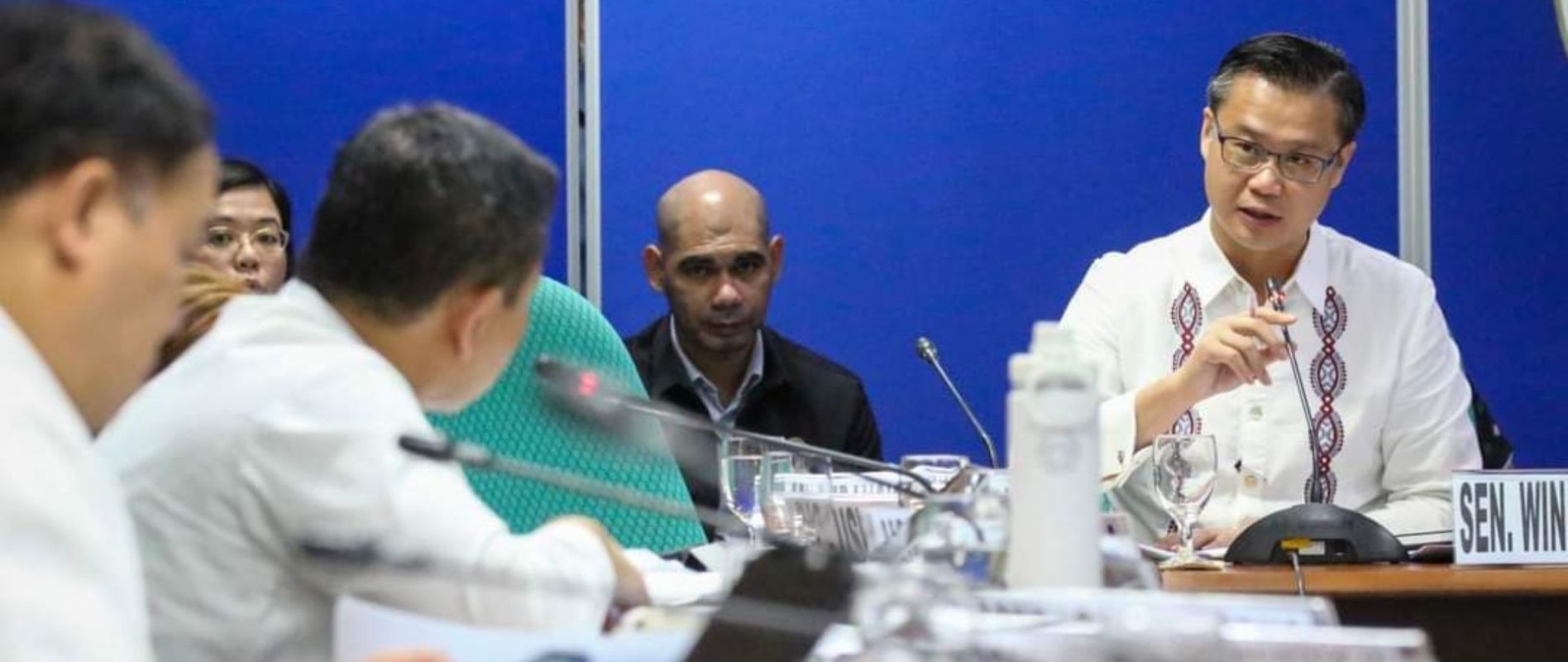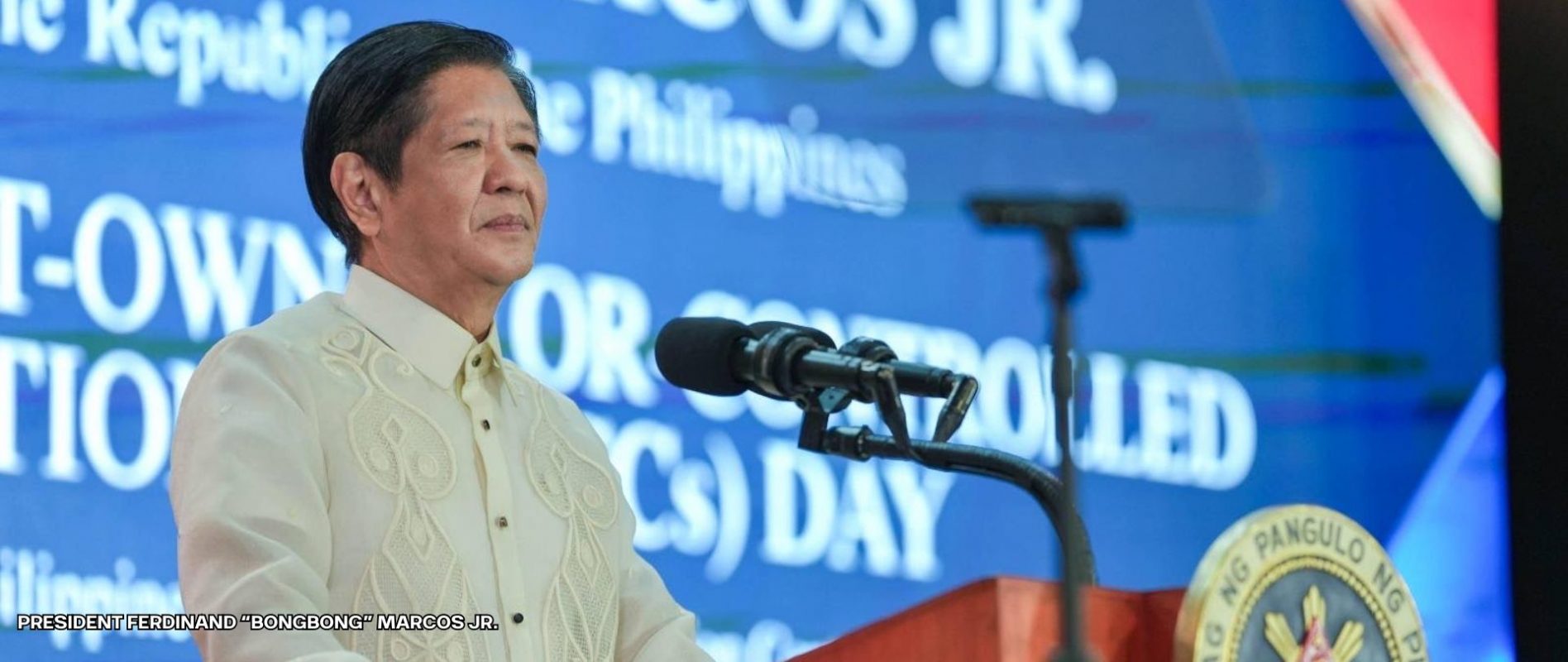EDCOM COMMISSIONERS RAISE ISSUES ON DIGITALIZATION AND ELECTRIFICATION OF CLASSROOMS
COMMISSIONERS of the Second Congressional Commission on Education or EDCOM 2 raised issues on digitalization and electrification of classrooms.
COMMISSIONERS of the Second Congressional Commission on Education or EDCOM 2 raised issues on digitalization and electrification of classrooms.
EDCOM 2 data showed that there are 1,755 sites that still need electricity.
Based on the 2024 General Appropriations Act, 273 sites were targeted for electrification. However, only 45 sites are projected to be completed by December of this year, pointing to a 4% completion rate.
“We’re looking at two figures: schools that lack computers and schools that lack electricity…There’s no point in jumping into all the schools that lack computers if the electricity issue hasn’t even been resolved”, Senator Pia Cayetano pointed out.
EDCOM 2 data showed that the Philippines is among the few countries in East and Southeast Asia that have not yet achieved universal access of schools to electricity.
This is particularly important because the Programme for International Assessment and other international education assessments are conducted through computerized tests.
“We’re also looking at solar energy as one of the newer technologies. Maybe going forward we can include this into the last mile schools, para magkaroon din sila ng ganitong resource,” Education Secretary Juan Edgardo Angara meanwhile said.
Data presented by EDCOM 2 Co-Chairperson Senator Sherwin Gatchalian showed that in 2023, the DepEd’s computerization program’s obligation rate was only 50%, and the disbursement rate was at a low 12%.
These figures raised concerns during the Senate hearing, with Senator Gatchalian questioning DepEd’s ability to fully implement the program.
“I appreciate Secretary Sonny’s vision in embracing technology…But without computers, as well as internet connectivity, we cannot harness the full potential of EdTech. What reforms will be undertaken to improve the delivery of the Computerization Program?” Gatchalian asked.
DepEd committed to reforming the procurement and delivery process for laptops and computer equipment by allowing suppliers to deliver directly to schools, a move aimed at addressing the delays caused by the reliance on a single logistics company.
P12.6 billion will be allocated by the Department of Education to push for the computerization program and increased digitalization in schools.
This budget will fund the provision of e-learning packages, smart TV units, laptops for both teaching and non-teaching personnel, as well as school-wide internet connectivity.
Angara also noted that the DepEd will also seek support from local government units to bolster their efforts.














